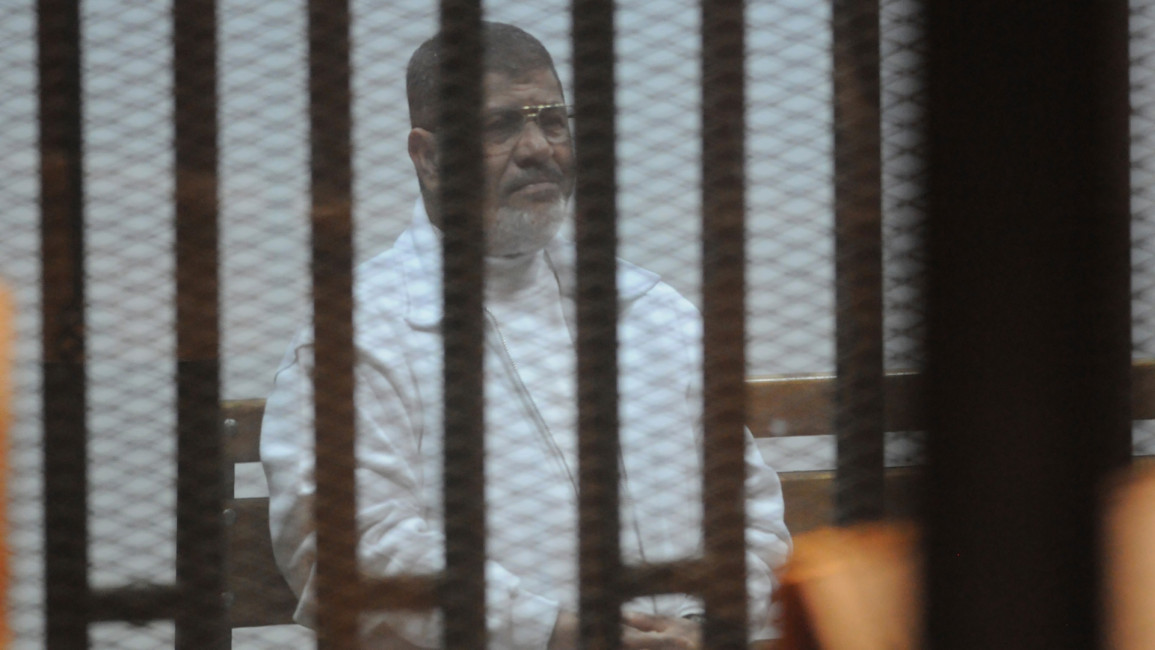
Where the Brotherhood went wrong in Egypt's revolution
A great deal has been said about the Muslim Brotherhood's strategic mistake of putting forward a presidential candidate and taking centre stage in the Egyptian Revolution.
This forces us to broach the tricky subject of the Brotherhood's gradual reform platform: the one that starts with the individual, then the family, then society, all in turn adopting the Brotherhood's interpretation of Islam, whereupon the government implements that interpretation until we reach the goal of a caliphate, according to the letters of the group's founder, Hassan al-Banna.
Would Banna have allowed the Brotherhood to take part in the Egyptian revolution in the way that it did? If he had allowed it to participate to resist oppression and tyranny and defend the right to freedom and dignity, was it correct for the movement to take centre stage or was it a deadly strategic mistake?
Was the Brotherhood "forced" to take part, like a "forced move" in chess? More important, what are the effects of the Arab Spring and the coups and counter-revolutions on Islamist movements, especially the main group in Egypt?
To begin with, we must state the reality that to discuss a decision taken in any institution, one must consider the circumstances in which it was taken, not to mention the circumstances the decision-maker faced, which usually come to light with the passage of time.
This writer believes - and he might be mistaken - that the Brotherhood's participation in the January revolution was a mistake because it went against the course prescribed in their own literature, bypassing the stages they have set for themselves.
Society at the time was demanding its freedom and providing sacrifices to achieve it. Those who called for protests on 25 January did not dream of toppling the regime, their calls were for the restoration of the freedom and dignity which had been violated by the murder of Khaled Said and Sayed Bilal due to police torture.
The Brotherhood's official participation on 28 January 2011 emboldened the protests and raised expectations, especially after protesters were killed that day, until the only demand became the overthrow of the regime. The Supreme Council of the Armed Forces jumped on this demand to get rid of Jamal Mubarak's succession project.
If the Brotherhood's participation in the revolution was an "optional" move on the chessboard, their selection of a presidential candidate was a "forced move" at a time when parliament was about to be dissolved and the military was insistent on retaining a prosecutor general notorious for protecting the killers of protesters.
Furthermore, various accusations were being leveled against opponents of the Mubarak regime and many independent figures refused to ally with the Brotherhood against the candidates of the deep state, who were supported by SCAF.
All of this should have forewarned of the coup of July 2013 and the subsequent revenge against anyone who took part in the Revolution.
By reflecting on the effects of the counter-revolution and the coup against legitimacy and the subsequent oppression and persecution of Islamists, especially the Brotherhood, we discover that the movement is facing an unprecedented wave of repression.
The torture and murder is on a scale greater than under Nasser in the 1950s. But the Brotherhood's response to the 2013 coup is radically different from that of 1954, resulting in great successes in terms of resistance on Egypt's streets.
According to Arnold Toynbee's A Study of History, civilisations arise as successful responses to great challenges. Perhaps the Muslim Brotherhood's refusal to submit to the military, its rejection of the scraps of freedom they have been offered, will spur a new revival in Egypt.
This is an edited translation from our Arabic edition.




